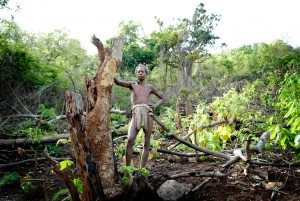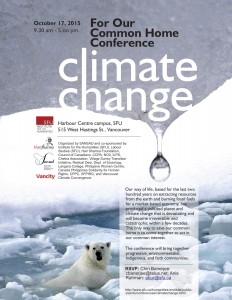Panel Discussion: Targeting Universities in Authoritarian India
Friday, April 15 at 7 PM – 9 PM
Rroom 7000, SFU Harbour Centre, 515 West Hastings Street, Vancouver, BC
Organized by: Institute for the Humanities at Simon Fraser University
Co-sponsored by SANSAD, MARU, SFU’s J.S. Woodsworth Chair in the Humanities, SFU’s School for International Studies, SFU’s Vancity Office of Community Engagement, and UBC’s Asian Studies.
India is often referred to as the “world’s largest democracy,” and its economic promise has made it an attractive target for foreign investment. Recently, however, India’s democratic legitimacy seems to have come into question.
On February 12, 2016, Kanhaiya Kumar, President of the Jawarhalal Nehru University Students Union was arrested and charged with sedition according to a law dating back to the British Raj. Kumar and several other students who were subsequently arrested and similarly charged have been widely proclaimed “anti-national” because slogans at a meeting held at the university to commemorate the third anniversary of the hanging of Afzal Guru, a Kashmiri convicted of attacking the Indian parliament in 2001. The speakers had questioned the justice of this execution as well as the justice of the more recent execution of Yakub Memon, who had been convicted of involvement in bomb blasts in Mumbai in 1993. The meeting had also protested the summary expulsion and eviction of some students engaged in a similar event at the University of Hyderabad that had led to the suicide of a promising Dalit student, Rohit Vemula. Some at the meeting had shouted slogans in solidarity with the people of Kashmir.
The event at JNU is part of a growing authoritarianism overseen by Hindutva (Hindu nationalism), politically represented by the Bharatiya Janata Party (BJP) in Indian society at large going back to the destruction of the Babri Masjid (Mosque) in 1992, and with roots in the nationalist movement itself in the early twentieth century. This Forum seeks to examine the historical context of the rise of Hundutva in general, consider the targeting of leftist students opposed to the Modi government’s neo-liberal project (the so-called “Gujurat Model”) and to draw the connection to parallel processes in Canada under the aegis of “authoritarian neo-liberalism.”
PANELISTS:
Ajay Bhardwaj, JNU Alumnus, PhD candidate at UBC, and filmmaker (The Punjab Trilogy).
Dionne Bunsha, Journalist, author of “Scarred: Experiments with Violence in Gujarat,” and PhD candidate at SFU.
John Harriss is a social anthropologist and Professor of International Studies at SFU. He has lived and done research in India for long periods over the last forty years, and he is the co-author of ‘Reinventing India: Economic Liberalization, Hindu Nationalism and Popular Democracy’.
Gurpreet Singh, Journalist, author of “Fighting Hatred With Love: Voices of the Air-India Victims’ Families,” and host of Spice Radio.
Moderated by: Samir Gandesha, Director, Institute for the Humanities at SFU.

